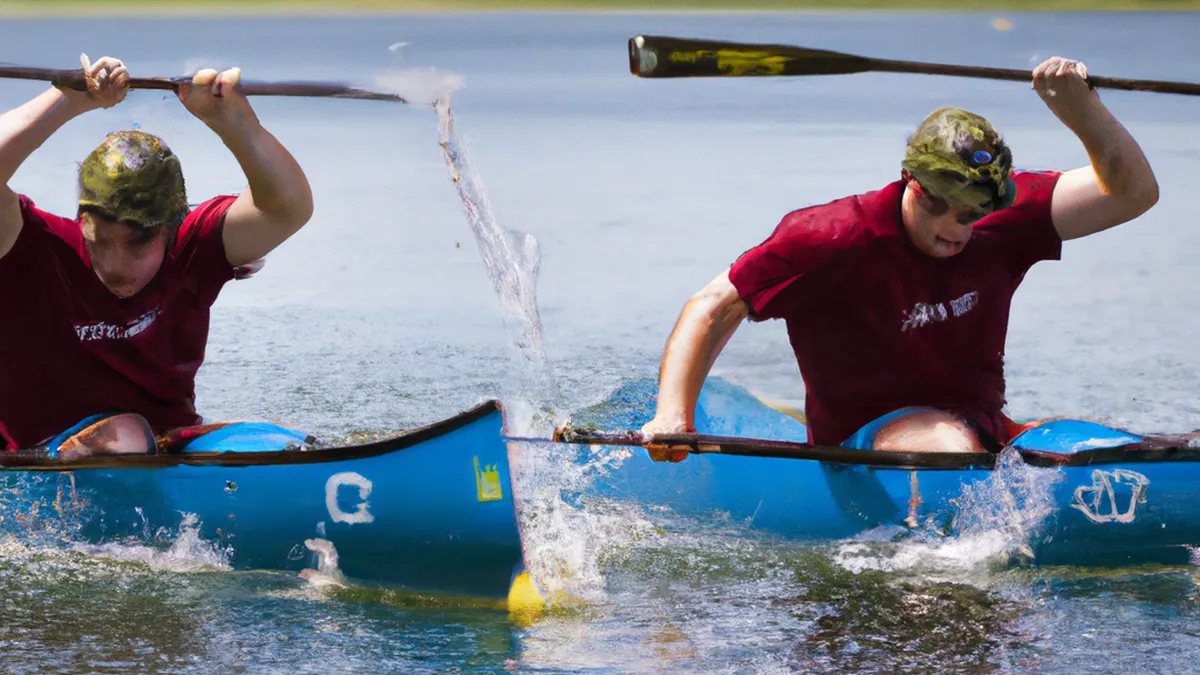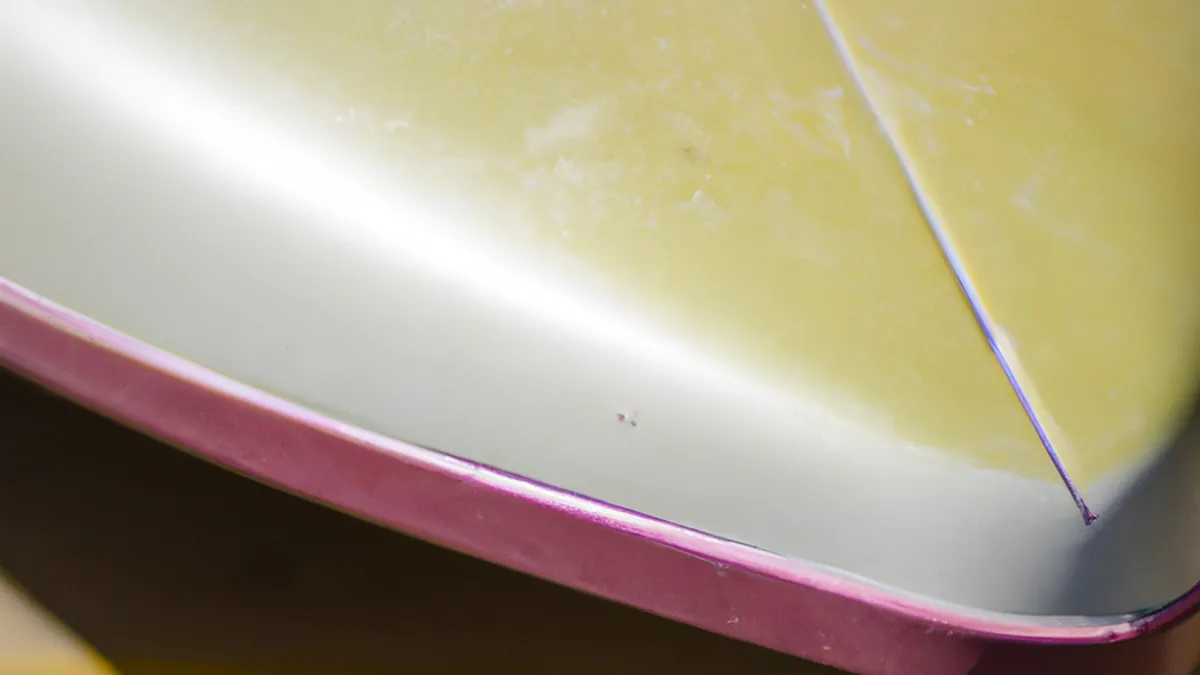Energy Boost: Electrolytes in Sprint Training
Electrolyte Balance for Sprinting: A Key to Peak PerformanceSprinting demands explosive power, speed, and endurance. Athletes push their limits and sweat profusely during exertion. Sweat contains vital electrolytes like sodium, potassium, calcium, and magnesium. These minerals support various bodily functions. Maintaining electrolyte balance ensures optimal performance in high-intensity sports like sprinting. This blog post offers tips for managing electrolytes, pre- and post-sprint nutrition advice, and hydration benefits.
Understanding Electrolytes
Electrolytes are minerals that carry electric charges and support essential physiological processes. They aid in muscle contractions, nerve signaling, and maintaining fluid balance. During sprinting, your body loses electrolytes through sweat. This loss can cause imbalances, leading to cramps, fatigue, and decreased performance. Understanding how to replenish these minerals is vital for sprinters aiming for their best.
The Role of Key Electrolytes
1. **Sodium**: This primary electrolyte lost in sweat maintains fluid balance and regulates blood pressure. It is essential for muscle function. 2. **Potassium**: This mineral supports muscle contractions and nerve function. It balances fluid levels in and out of cells, preventing cramps.3. **Calcium**: Associated with bone health, calcium also aids muscle contractions and nerve signaling.4. **Magnesium**: This mineral supports energy production and muscle function. It promotes muscle relaxation and reduces cramp risk.
Tips for Maintaining Electrolyte Balance
As an Amazon Associate I earn from qualifying purchases.
Gear tip: consider tens unit, electrolyte mix, and soft flask to support this topic.
Hydrate Wisely
Always hydrate before, during, and after sprinting. While water hydrates, it may not supply enough electrolytes. Incorporate electrolyte drinks or powders into your regimen to replenish lost minerals quickly. Natural options like coconut water or sports drinks fortified with electrolytes can also be effective.
Monitor Your Sweat Rate
Pay attention to your sweat rate; some athletes sweat more than others. Weigh yourself before and after training to determine your sweat rate. For every pound lost, drink about 16 to 24 ounces of fluid. Monitoring your sweat rate helps tailor your hydration and electrolyte intake.
Eat a Balanced Diet
Focus on a diet rich in electrolytes. Include foods like bananas, spinach, avocados, nuts, and yogurt. These foods provide natural potassium, magnesium, and calcium sources. Consider incorporating salty snacks to enhance electrolyte intake.
Conclusion
Proper electrolyte balance significantly impacts sprinting performance. Consistent hydration, monitoring sweat rates, and a balanced diet are essential for success.
Below are related products based on this post:
FAQ
What are electrolytes and why are they important for sprinters?
Electrolytes are minerals that carry electric charges and support essential physiological processes. They are crucial for muscle contractions, nerve signaling, and maintaining fluid balance, which is especially important during high-intensity activities like sprinting.
How can athletes maintain their electrolyte balance?
Athletes can maintain electrolyte balance by hydrating wisely, monitoring their sweat rate, and consuming a balanced diet rich in electrolyte-containing foods. Drinking electrolyte drinks or natural options like coconut water can help replenish lost minerals effectively.
What foods are beneficial for electrolyte intake?
Foods rich in electrolytes include bananas, spinach, avocados, nuts, and yogurt. These foods provide natural sources of potassium, magnesium, and calcium, which are essential for maintaining proper electrolyte balance during strenuous activities.















Post Comment